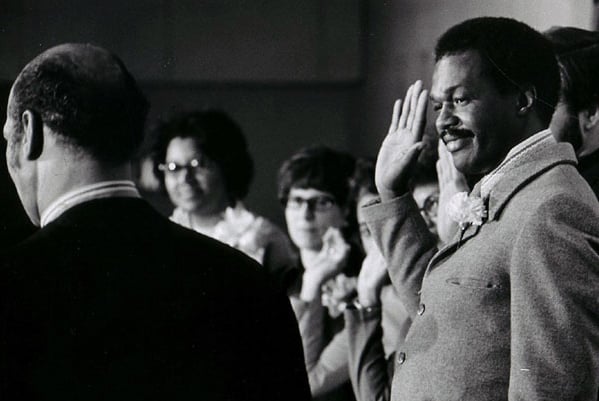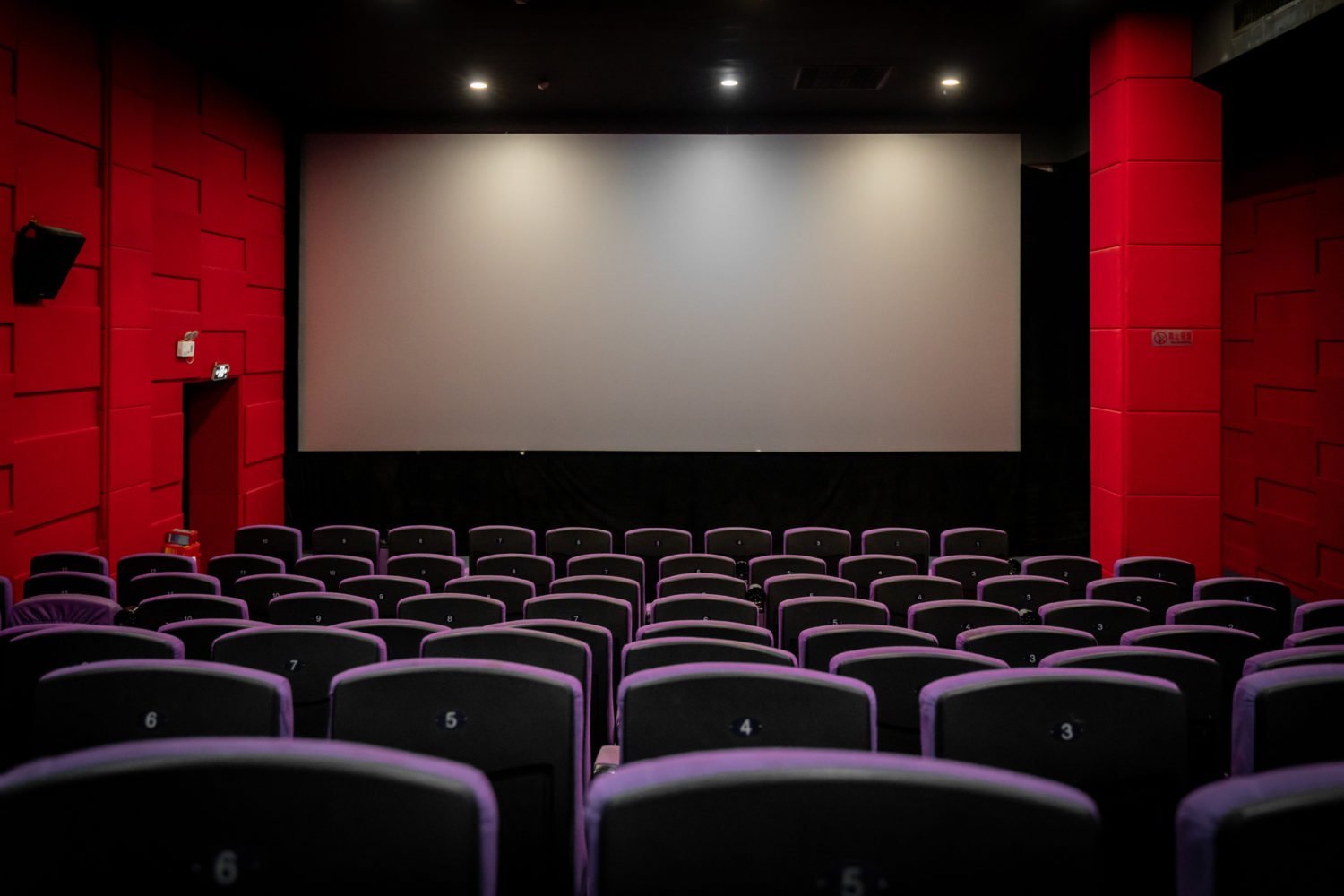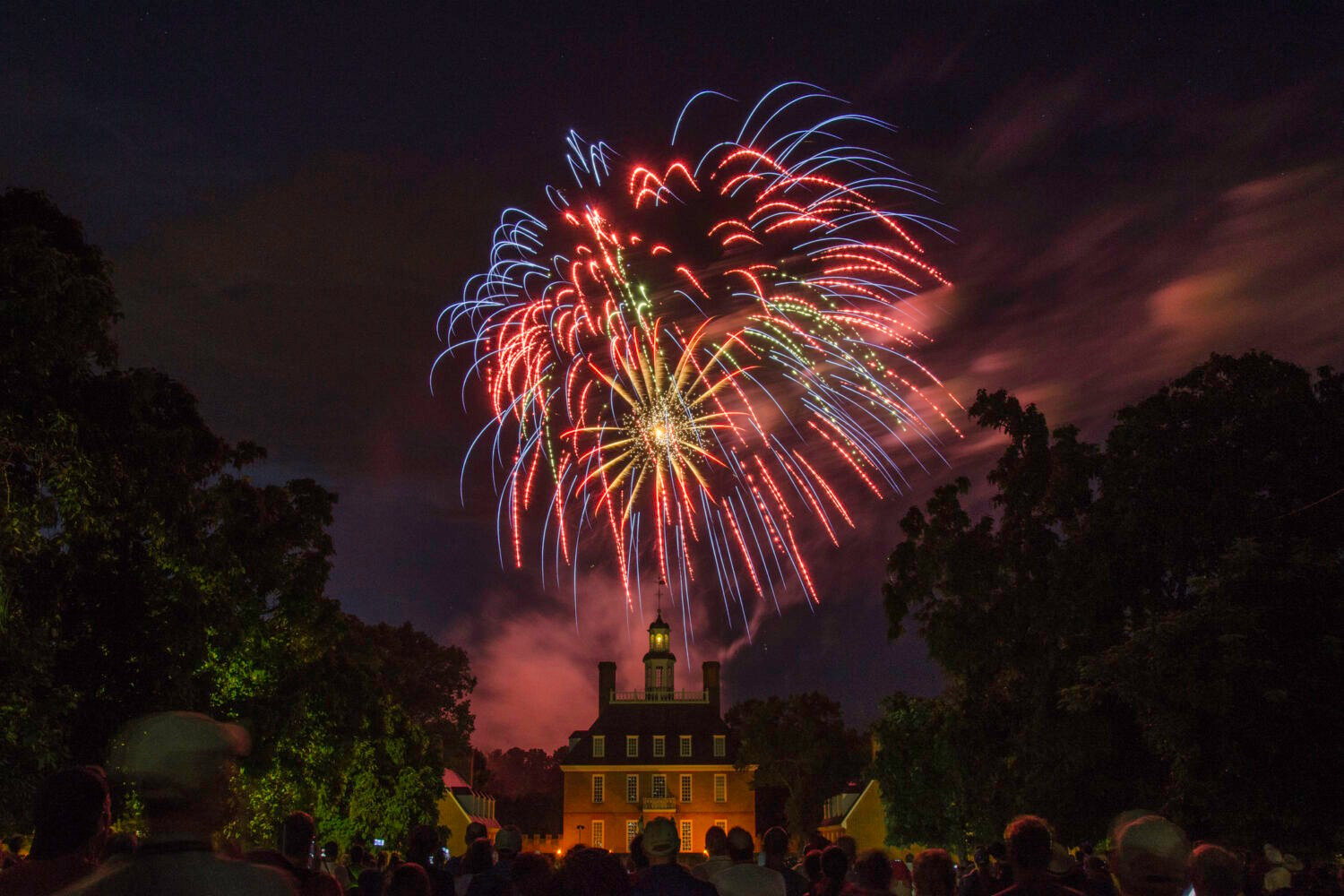In 1979 the Washington Post ran an editorial endorsing Marion Barry for mayor, with the headline “Marion Barry for Mayor” that included the sentence, “What Mr. Barry seems to value, and to be offering, in other words, is precisely what we think the people of this city need.” Thirty years later, Barry is more commonly known as a wacky old man, visibly ravaged by years of drug and alcohol abuse who’s still, at the age of 72, getting into scrapes that might make Keith Richards blush. But the city apparently still needs him, and Barry, as impervious to criticism and resilient as ever, is happy to oblige.
Maybe he’s too easy a target. But it seems like The Nine Lives of Marion Barry, a documentary by Dana Flor and Toby Oppenheimer that had its TV premiere Monday night on HBO, gives the Mayor for Life a relatively easy ride. Shooting finished in 2004, long before Barry’s tax evasion came to light, or his kidney transplant, or his 4th of July arrest for “stalking” a girlfriend whom he’d hired as a consultant. The cocaine busts are there, naturally, along with references to his philandering. But the filmmakers seem more interested in the early Barry, the energetic activist pursuing a PhD in chemistry who was pictured next to Martin Luther King at rallies, the man who led the Free DC movement and helped a city that was 80 percent black get a vote.
“In those days the city was like a plantation,” says Adrienne Washington of the Washington Times. “We didn’t have elections. Congress controlled DC.” Or rather, Rep. John McMillan from South Carolina did, a man widely understood as racist, who controlled a police force made up of imports from West Virginia, Kentucky, and the Carolinas. “Society doesn’t make you feel proud,” said Barry, who campaigned for Home Rule and was elected to Washington’s first City Council in 1974.
Watching Barry’s swearing-in as mayor in 1978, you can’t help but draw parallels with another charismatic black leader who arrived in DC on a platform of hope and change. “I am convinced more than ever that Washington DC, our nation’s capital, is a city whose time has come,” said Barry at the ceremony. His first two terms were relatively rosy, helped by a real estate boom in the city; his administration helped resolve a financial crisis and gave jobs to numerous young men in a summer employment program. But by the time the crack epidemic hit DC in the late 80s, Barry, like his city, was unravelling.
“His own decline from drugs mirrored that of the city’s,” says Max Berry, his longtime political consultant. “That was when we needed Barry to be the Barry from 1978. But he was gone, wasted.”
Nevertheless, after a widely televised FBI bust in 1990 that showed Barry smoking crack, and a subsequent jail term for drug possession, he was elected as mayor in 1994. Again. Congress reacted by stripping DC of its power to manage city funds, and Barry didn’t run for a fifth term. The documentary picks up as a seemingly impoverished and fragile Barry, struggling to get up the stairs to his grubby Anacostia walk-up, decides to run for city council again in 2004, representing Ward 8. “He told me he was doing it for the money,” says Sandra Seegers, his opponent for the Democratic nomination. Barry disputes this claim, saying that local residents begged him to run, and as he campaigns, it seems to be true. People chase his car, looking to shake his hand. Women come up and hug him. One voter tells him that his name on the ballot inspired her to register to vote. His godson, a precocious 12-year-old, tells the camera that “he’s an excellent role model.”
Perhaps, the film suggests, his consistent misadventures serve to make him more popular among voters, who also deal with crisis and personal failure on a daily basis. If nothing else, he’s an irrepressible testament to the power of self-belief. While to some people he’s a liability or an embarrassment, to others he’ll always be the man who brought change to Washington and who won’t, despite multiple obstacles, give up.
More>> After Hours Blog | Arts & Events | Happy Hour Finder | Calendar of Events

















